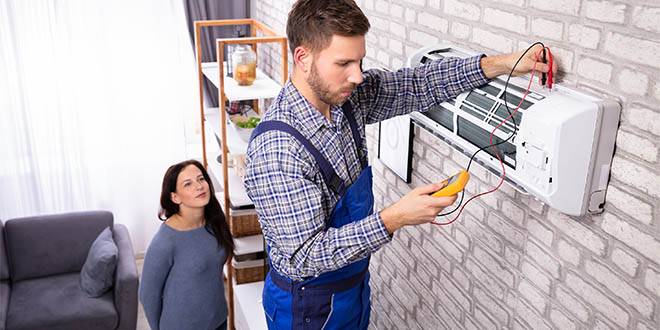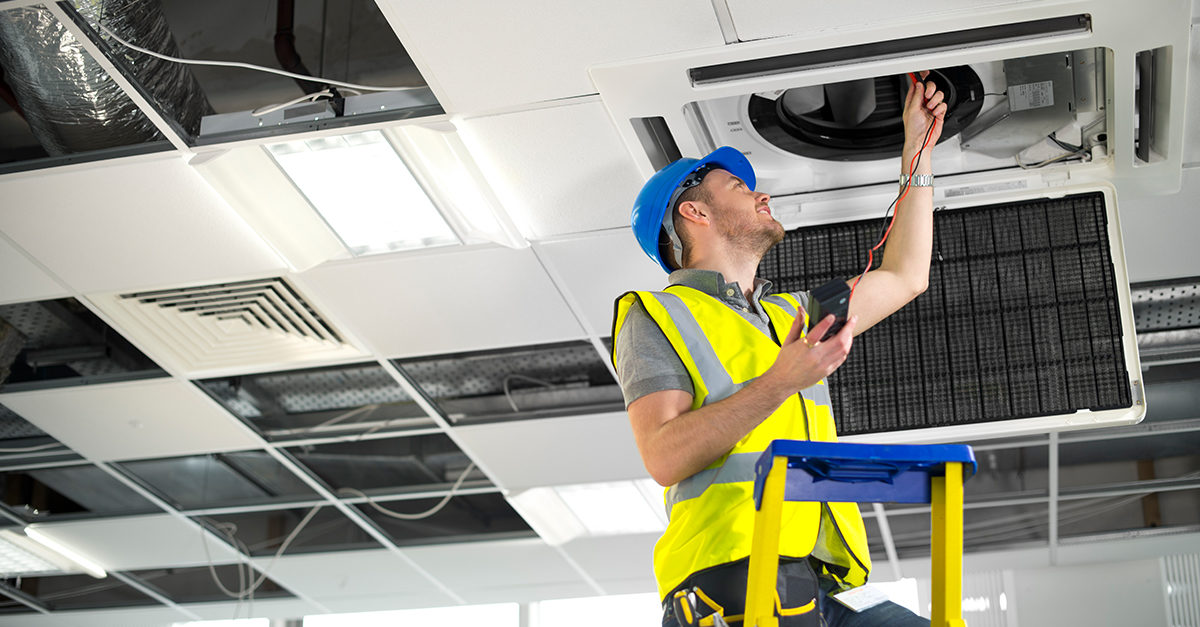
Understanding the Source of the Odor in House Vents
Many homeowners and business owners encounter the unpleasant issue of an odor in house vents. This problem not only affects the comfort of your living space but can also be a sign of underlying issues within your HVAC system. In this inspection guide, we aim to help you identify the sources of these odors and provide solutions for them.
Having an odor in house vents can result from various factors, such as mold growth, pest infestations, or accumulated debris. By understanding the root causes, you can effectively address the issue and restore the air quality in your home.
Common Causes of Odor in House Vents
Mold and Mildew Growth
Mold and mildew are common culprits of musty odors. They thrive in damp environments, often found in ducts and air conditioning units. Regular maintenance and cleaning can help prevent their growth. For more details on safe removal, visit Mold in HVAC System.
Animal Infestations
Rodents and insects can find their way into your ductwork, leaving behind unpleasant odors. It is essential to inspect and seal any entry points to prevent infestations.
Accumulated Dust and Debris
Over time, dust, dirt, and debris can build up in your ducts, leading to stale air and odors. Regular cleaning is crucial to maintaining fresh and clean air. Explore more on preventing these odors at DIY Tips for Ducts.
Steps to Inspect Odor in House Vents
Visual Inspection
Begin by visually inspecting the vents and ducts for any visible signs of mold, pests, or debris. Pay attention to any unusual discoloration or stains.
Smell Test
Identify the source of the odor by checking different rooms and vents. This will help you determine if the issue is localized or widespread throughout the system.
Professional Assessment
If you’re unable to identify the cause, consider hiring a professional to conduct a thorough inspection of your HVAC system. They have the tools and expertise to pinpoint and address the issue effectively.
Solutions to Eliminate Odor in House Vents
Regular Cleaning and Maintenance
Implement a routine cleaning schedule for your ducts and vents to prevent the buildup of dust and debris. Regular maintenance is key to preventing future odors. Learn more about maintenance tips at HVAC Maintenance Tips.
Improving Ventilation
Ensure that your home is well-ventilated to reduce humidity levels and prevent mold growth. Use exhaust fans and dehumidifiers in areas prone to moisture.
Using Air Purifiers
Invest in quality air purifiers to filter out contaminants and improve indoor air quality. This can help in reducing odors and allergens in your home.
Preventive Measures for Odor in House Vents
Sealing Ductwork
Ensure that all ductwork is properly sealed to prevent air leaks and entry points for pests. Leaks can lead to energy loss and contribute to odors.
Regular HVAC Inspections
Schedule regular inspections of your HVAC system to catch any potential issues early. This proactive approach can save you from costly repairs and persistent odors.
Addressing Moisture Issues
Identify and fix any sources of moisture in your home, such as leaks or poor drainage. Keeping your home dry is essential in preventing mold and mildew growth.
When to Seek Professional Help
If the odor persists despite your efforts, it may be time to call in a professional. They can provide specialized cleaning and repair services to tackle the problem effectively.
For more information on addressing musty smells, visit AC Smells Musty.

FAQs
Why do my house vents smell musty?
Musty smells often indicate the presence of mold or mildew in your ductwork or HVAC system. Regular cleaning and maintenance can help prevent these odors.
Can I clean my ducts myself?
While you can attempt basic cleaning, it is recommended to hire a professional for a thorough job. They have the necessary equipment and expertise to ensure effective cleaning.
How often should I inspect my HVAC system?
It is advisable to inspect your HVAC system at least once a year. Regular inspections help identify potential issues before they become major problems.
This article contains affiliate links. We may earn a commission at no extra cost to you.